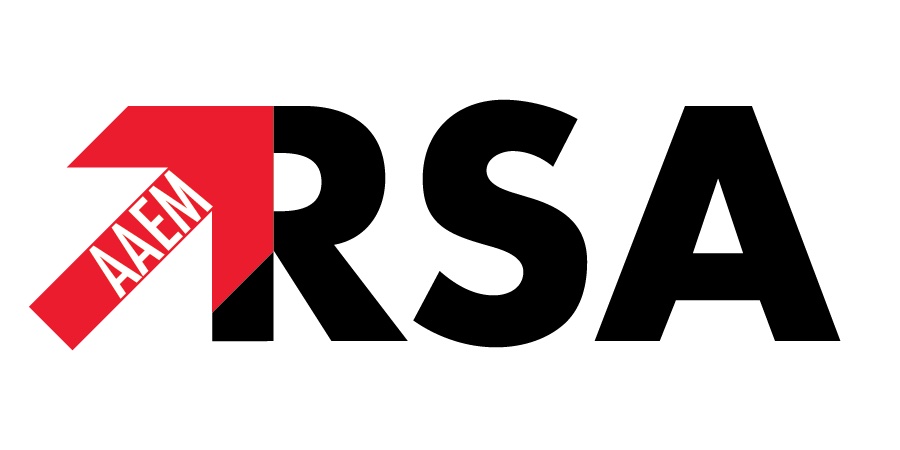Many physicians experience burnout and depression symptoms at a rate much higher than the general population. Increasing rates of suicide, depression, and burnout among physicians and trainees emphasize the importance of creating a wellness culture within undergraduate and graduate medical education programs. Emergency medicine (EM) is frequently cited as a leading specialty for burnout and depression among physicians.1
High-stress work environments, emotionally taxing clinical care, and inconsistent scheduling place emergency physicians at risk for emotional and physical fatigue and poor work satisfaction, expediting the path to burnout. Beyond the detriment to physician health, this spiral negatively impacts patient care – increasing the opportunity for medical errors and decreasing effective bedside manner and quality of care. Knowing what we know about the unique personal risk that EM physicians and trainees face in choosing our field, it is important for residency programs and national organizations to take an active role in identifying and combating factors that lead to physician burnout and depression.
RSA is committed to improving physician wellness and promoting resiliency to enhance physician quality of life and patient care by:
- Advocating for physician and trainee mindfulness and health
- Cultivating a community that supports current and future medical professionals
- Supporting ongoing research into the best interventions to combat burnout and promote physician wellness
RSA pledges to focus our core values of diversity, inclusion, and collaboration on ensuring that our health care providers receive the education and resources necessary to promote a healthy work environment and lifestyle.
Call to Action
RSA calls on all American EM residency programs to:
- assess resident wellness annually
- provide mental health resources for residents that include protected information that is independent and not available to colleagues, program administration or leadership
- develop a program to encourage physician wellness that is routinely assessed for improvements
- require a curriculum on wellness and resilience techniques
1. Shanafelt TD, Boone S, Tan L, Dyrbye LN, Sotile W, Satele D, West CP, Sloan J, Oreskovich MR. Burnout and Satisfaction With Work-Life Balance Among US Physicians Relative to the General US Population. Arch Intern Med. 2012;172(18):1377–1385. doi:10.1001/archinternmed.2012.319
